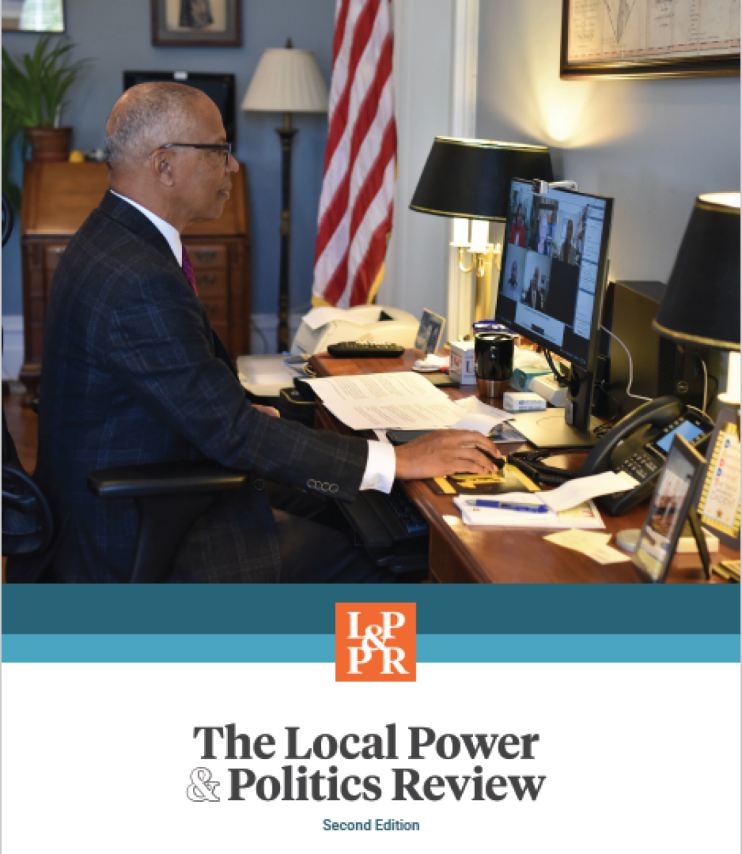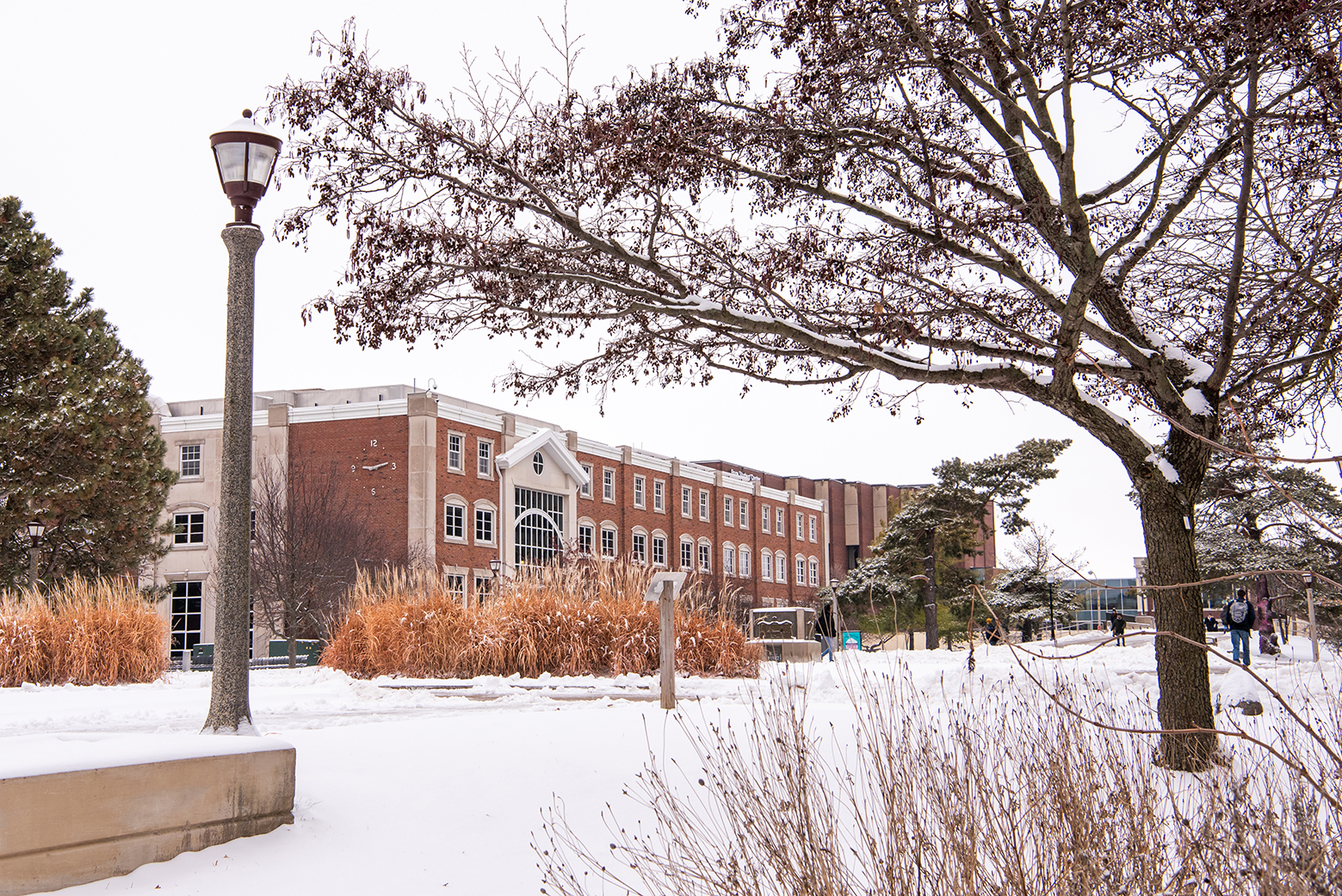
The Local Power & Politics Review 2nd Edition
The Local Power & Politics Review (LPPR) invites researchers and advocates to work together to discuss some of the most pressing issues facing today’s localities and the state actions that impede local leaders’ ability to address them. The second edition of LPPR focuses on ways that many states preempted local authority across a range of policy areas during the pandemic.
Three articles examine recent challenges in public health, housing, and labor policy. Jennifer Karas Montez and Francesca Weaks discuss the inequities in our nation’s health policies and outcomes, some of the structural conditions that drive those inequities, and how states have exacerbated health-related inequality by constraining local responsiveness during COVID.
Emily Benfer and Rasheedah Philips present the complexities of local housing policy, the ways that housing insecurity has been heightened and addressed since the pandemic, and how state constraints on local authority complicate and impede local efforts to secure housing equity.
Hannah Kuhn and Jaimie Worker discuss the pandemic’s impact on labor policy, how state interference in local labor policymaking perpetuates racial, gender, and economic inequities, and how local leaders and community groups are fighting to restore local labor policy authority.
The remaining three articles examine the state-local power struggle, the impact of state interference on civil rights and discrimination and local authority, and how local leaders are pushing back.
Ida Eskamani and Donald Haider-Markel present state preemption as a tool being deployed by state leaders in the nation’s ongoing culture wars and how state preemption is being used to erode civil rights and foster discrimination.
Richard Briffault and Kim Haddow deep dive into state legislative activity aimed at limiting local authority in 2020 and 2021. The authors introduce new areas of state preemption and offer structural and political explanations for why the preemption trend is worsening and what it means for the day-to-day operation of cities.
Finally, Sabrina Adler and Nestor Davidson introduce several ways in which local leaders are pushing back against state interference. The pandemic presented local leaders with conditions that required action, and some of those leaders, facing state constraints, chose to resist.

